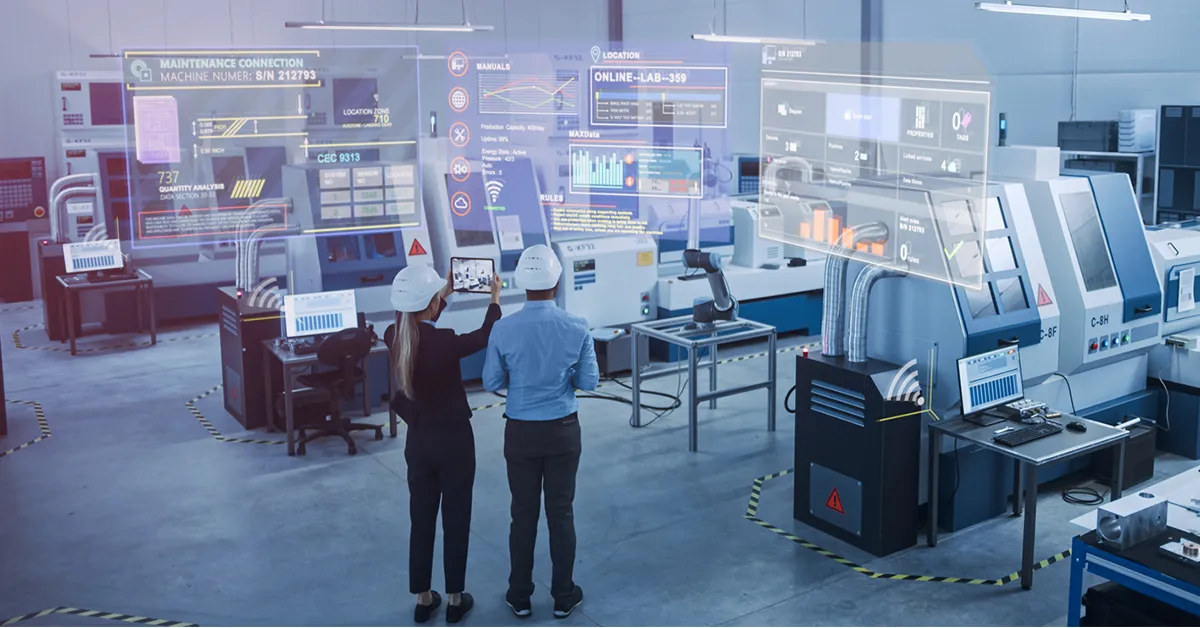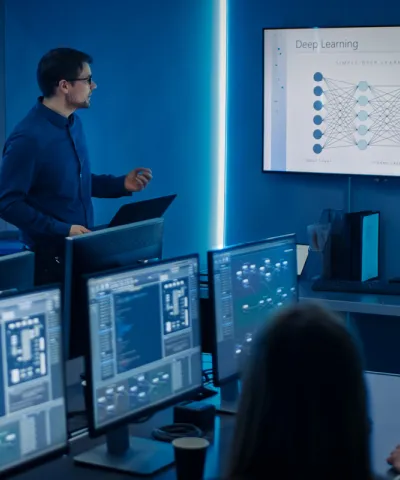When discussing the metaverse, it’s typically B2C use-cases which come to mind. This is no surprise, given the amount of media focus given to new virtual meeting environments, digital fashion, NFT art and the likes. Outside of mainstream attention however, countless B2B use-cases are growing around the metaverse and web3 – and they will significantly change the way industrial players produce, supply, collaborate, sell, market and monetize to one-another.
A prominent example of metaverse solutions for industrial companies is Nvidia Omniverse – a suite of products enabling large scale, full fidelity, and physically accurate virtual world simulations. While entertainment use-cases can also be built here, Omniverse is much more focused on industrial metaverse applications. For example, companies can link their virtual world simulations to the real world using digital twin integrations (such as through a collaboration with Siemens’ digital business platform Xcelerator).
This enables a variety of fascinating use-cases by creating physically accurate real-time environments of production sites, rail networks, cellular networks, retail outlets, energy sites and more. Such industrial metaverse use-cases offer a variety of benefits when it comes to operational efficiency and decision making as well as product innovation and development collaboration. This shows clearly that metaverse opportunities are not limited to the consumer-space and significant potential for industrial and B2B applications is up for grabs.
In addition to the opportunities for new industrial metaverse business models discussed above, such virtual (but physically linked) production environments also have the potential to enhance the way B2B players sell and market their products. As industrial customers (e.g., those purchasing robots for their production-line or machines for their mine-site) increasingly develop the capabilities to simulate their operations in metaverse settings, they will also have the opportunity to simulate the impacts of new equipment or machines. This in turn means that B2B players will be able to boost sales through more effective solution co-development directly in virtually simulated environments.
In addition, companies may be able to enhance their marketing and value-selling by allowing B2B customers to simulate positive impacts in their actual production environments before purchasing machines. For example, sales representatives would no longer have to pitch productivity improvements, but could rather demonstrate them in their customers own phygital simulations.
The commercial opportunities of industrial metaverse applications are wide-ranging and market-leaders are starting to build upon their existing technologies to offer advanced metaverse solutions. Players in the space should evaluate how their capabilities could create value in an industrial metaverse environment and which new business models could be created. In addition, they should consider how such metaverse applications can change or extend the way they market and sell their products.









